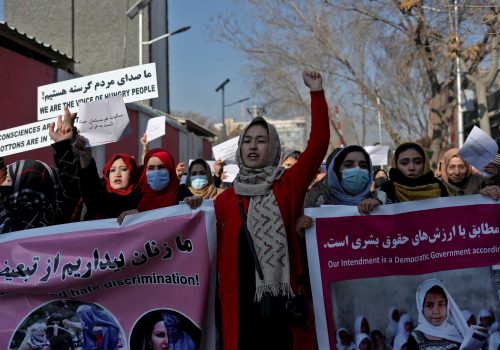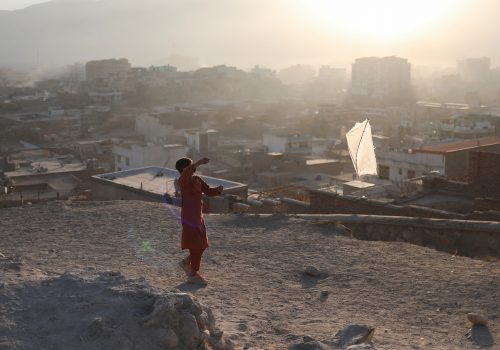The Afghan refugee crisis: How to resurrect the global refugee resettlement coalition
Six months after the fall of Kabul, the humanitarian situation in Afghanistan has deteriorated at an alarming rate. The threat of famine and economic collapse looms over the entire country. Consequently, many Afghans are fleeing both these appalling conditions and the oppressive Taliban that now control the country.
However, Afghan asylum seekers will be facing difficult circumstances even after they leave their country. The global resettlement order remains severely atrophied after the refugee crisis of the mid-2010s, leaving it unable to face the challenge in a rise in Afghan refugees or for other future refugee crises. As the humanitarian tragedy in Afghanistan intensifies, a new global refugee resettlement coalition has to be formed to address the escalating refugee crisis.
The primary objectives of this report, written by Rory Stewart, Senior Fellow at Yale University’s Jackson Institute and former UK development minister, are to:
- outline the ways in which states have already attempted to respond to the Afghan refugee crisis
- discuss realistic and measured ways to address the refugee crisis without undermining border security
- improve transatlantic and global coordination in reinvigorating standards on refugee resettlement across the world.
This report outlines how the refugee resettlement coalition can be restructured. Beginning with the United States, United Kingdom, and coalition of likely EU member states (such as France, Germany, Benelux, and the Nordic countries), these countries can resettle approximately 320,000 refugees annually. This would happen if each country committed to taking in 0.05% of their respective populations each year: 33,026 for the United Kingdom, 166,400 for the United States, and 120,000 for the likely coalition of willing EU member states.
The report also explains how the humanitarian situation in Afghanistan has deteriorated significantly since the fall of Kabul, why Afghans are leaving their home country in increasing numbers, and why the international community must reinvigorate the global resettlement coalition to address this crisis and future refugee crises.
Related content
Image: The Department of Defense is committed to supporting the U.S. State Department in the departure of U.S. and allied civilian personnel from Afghanistan, and to evacuate Afghan allies safely. (U.S. Air Force photo by Staff Sgt. Brandon Cribelar)


